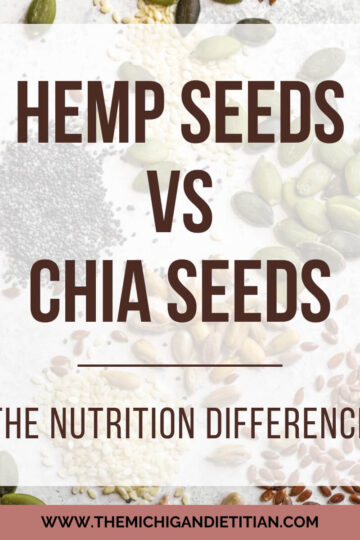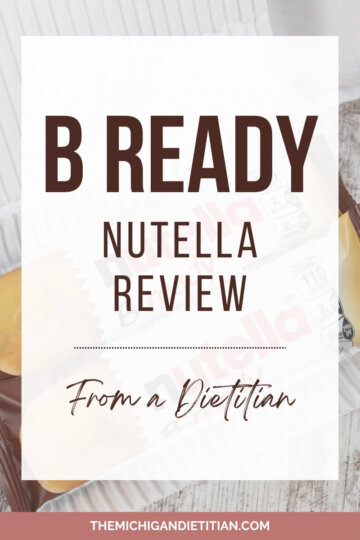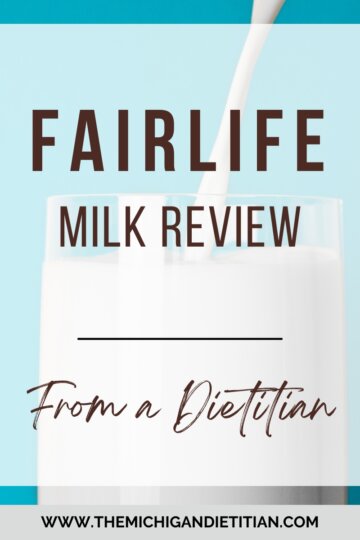Grocery shopping requires the need to keep food safety in mind as you are purchasing your food. Sticking to a budget means only buying foods that will last, are safe for you and your family, and minimizing health risks!
Hand Sanitizer and Wipes
Start your grocery trip off right by using hand sanitizer or immediately washing your hands in the bathroom upon arrival at the grocery store. Next, use the (usually) provided wipes to clean the handle and inside surfaces of your cart.
Check for Recalls
Before you head to the grocery store check https://www.fsis.usda.gov/recalls for any potential food recalls. Your grocery store will remove the contaminated foods from the shelves but you may be purchasing it before they know!

Select the Deeper Item in The Refrigerated Section
In refrigerated sections there is a ‘load limit’. This is how much can fit on the shelves with all the food able to stay within it’s proper temperature. Food that is furthest out on the shelf is most likely the first to be grabbed, but also the most likely to be outside a safe food temperature zone.
Thawed Foods
You know that people will often times change their minds about a food and just place it on the shelf nearest them. It can be hours before an employee is able to notice it and return it to its proper space. If you are shopping and a normally refrigerated or frozen product doesn’t seem as cold as it normally would be, it was likely just replaced. The temperature likely rose about the safety zone and should not be consumed.
Keep Your Raw Meat Safe
When selecting a package do not get one that is damaged, leaking, or discolored. This is a sign that bacteria has gotten to the meat and is no longer safe, even if it is to be cooked. Further, when purchasing meat place it in a separate bag to keep it away from the rest of your items. Having any contact between it and other foods leads to potentially unsafe food.

Inspect Your Cans
Any cans with dents or bulges should not be purchased or consumed.
Watch for the Date
Be sure to remember the date. It is okay to purchase something on the ‘sell by‘ date. This is simply a date for the grocery store. When setting them they ensure there is still proper time for the customer to consume them. The ‘best if used by date‘ is also still safe to consume. It may not taste at its peak, but definitely still safe. The ‘use by‘ date is similar to the best if used by date. The food is still safe to eat but is not at its prime quality.
Bring a Cooler Bag (or grab it last)
Bring a cooler bag to keep any cold or frozen foods while finishing shopping and transporting them home. Better yet, select those items last!

Check Your Eggs
Before grabbing a carton of eggs open them up and check to ensure there are no breaks, cracks, or dirt.
If the plethora of options to choose from in the egg sections is overwhelming for you, take a peek at my article, Everything You Need To Know About Eggs, to feel confident in your selection!
Minimize the Samples
Trying out the samples are fun, but just another opportunity for consuming unsafe food. There is a chance the food was handled improperly, not at proper temperature, or exposed to bacteria by other customers.





Kirby says
These are fantastic tips! Thank you so much for taking the time to inform us!
pieceoflulu says
Of course! Happy shopping!
Kristy says
Great tips, well thought out…thanks for sharing!
pieceoflulu says
Thank you! I really appreciate it!